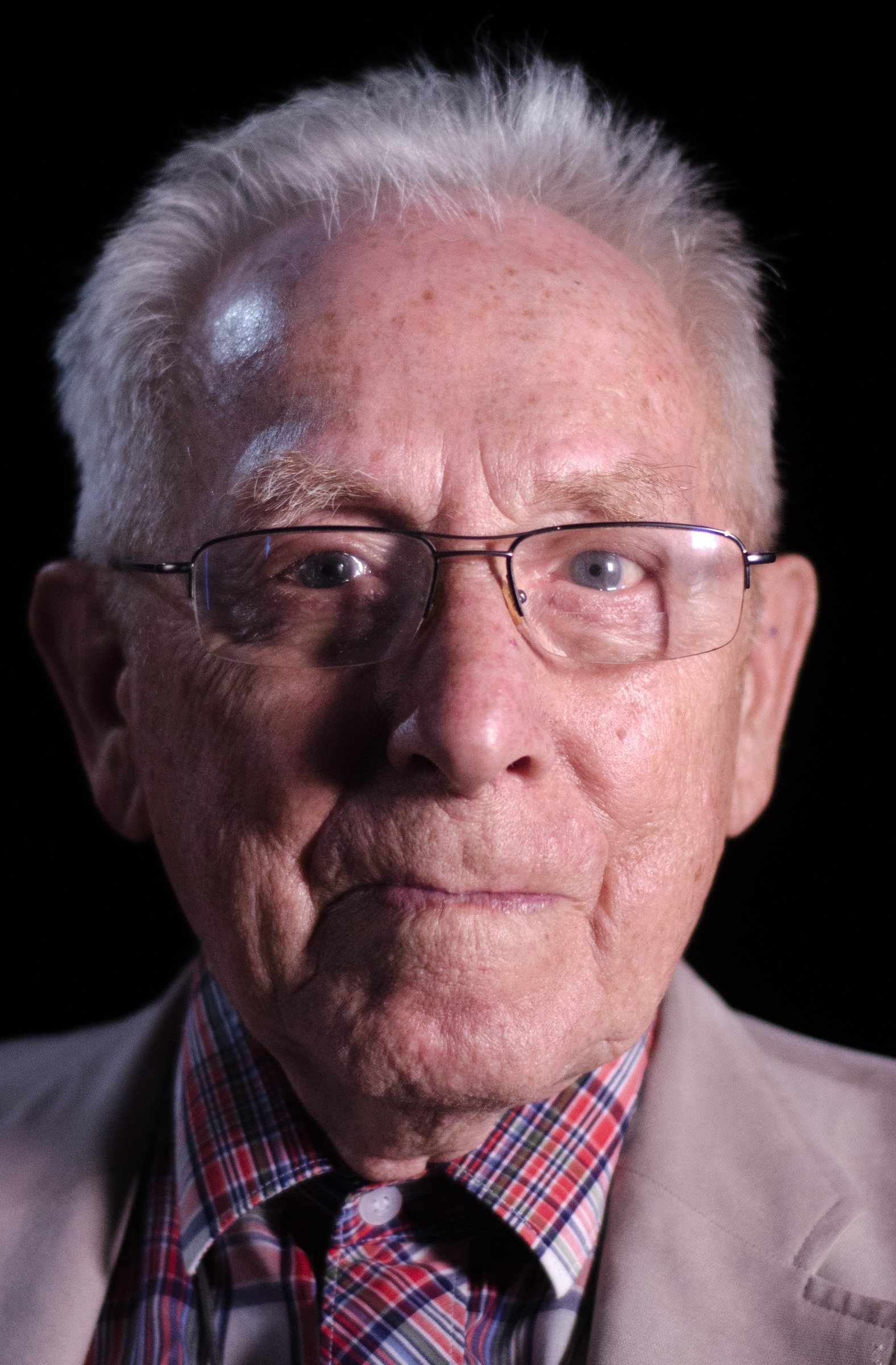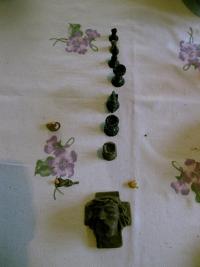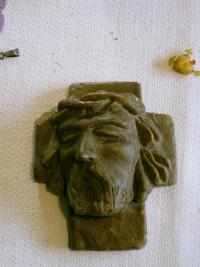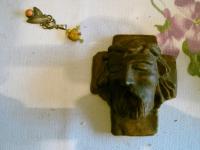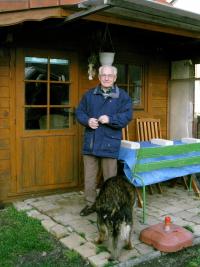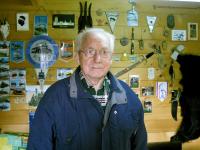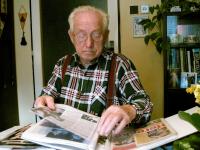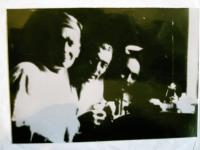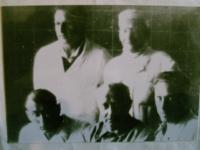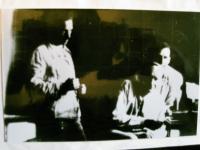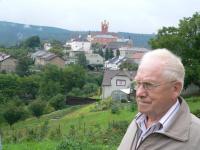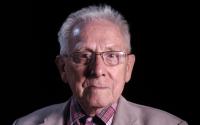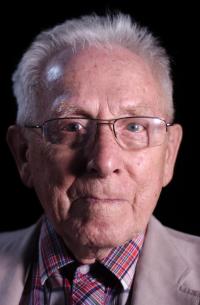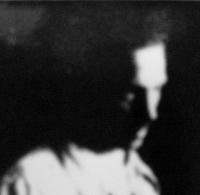I have come to terms with Mírov. Even with Hradiště. I keep living with it.
Mr Jan Janků was born in Hanušovice in the Šumperk district in 1921. He joined the scout movement around 1936 and he is still an active member today. After the annexation of the Sudetenland in 1939, his family was forced to move to Vrbátky u Přerova where Jan Janků finished his studies at the Academy of Commerce and was later employed at a sweets factory. At the beginning of 1941 he was sent as a forced labourer to Wroclaw but in 1943, he escaped back to the Protectorate. In 1944 he went to France where he worked for the UNRRA as a driver. After returning to the Republic, he joined the scout movement again and worked as the scoutmaster. In 1949, Mr Janků was arrested in connection with the destruction of the resistance group Světlana. He spent over one year in the remand prison in Uherské Hradiště where he was brutally “interrogated” - among others - by Alois Grebeníček. Mr Janků was sentenced in a trumped-up process to life imprisonment, later the sentence was changed to 20 years. He served most of the time in the Mírov prison and after some time he became a pharmacist there. Mr Janků is a deeply religious man, taking part in the spiritual life of the prisoners. He was released in 1958. Afterwards, he worked as a railman. Since 1989, Mr Janků was active in remembering the fates of political prisoners of the 1950’s, he participated in lectures and discussions, and owned an extensive archive.
